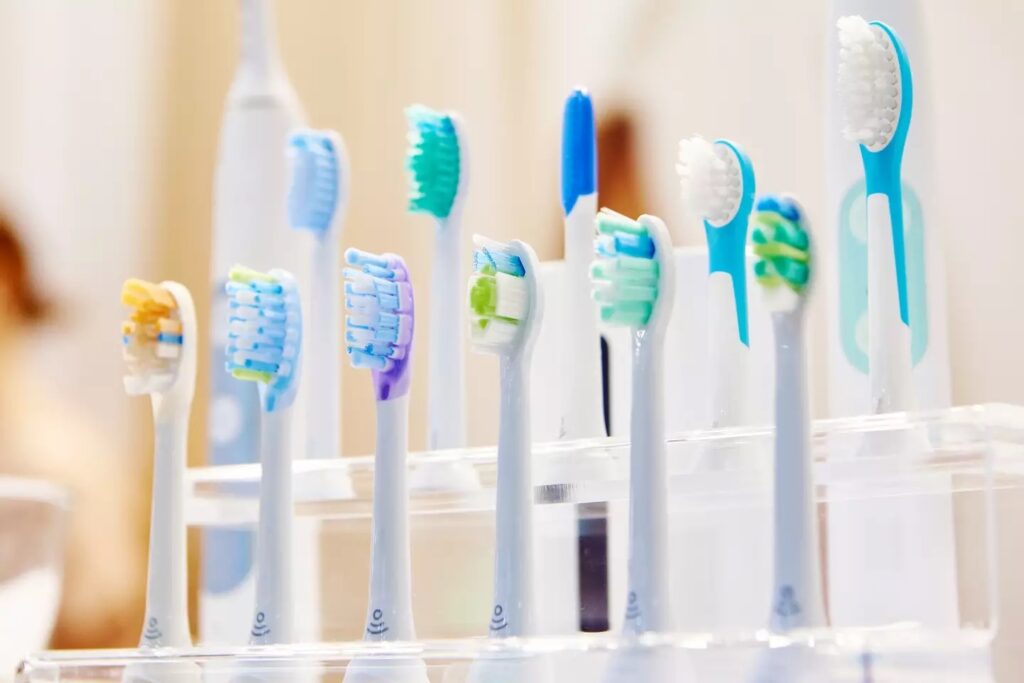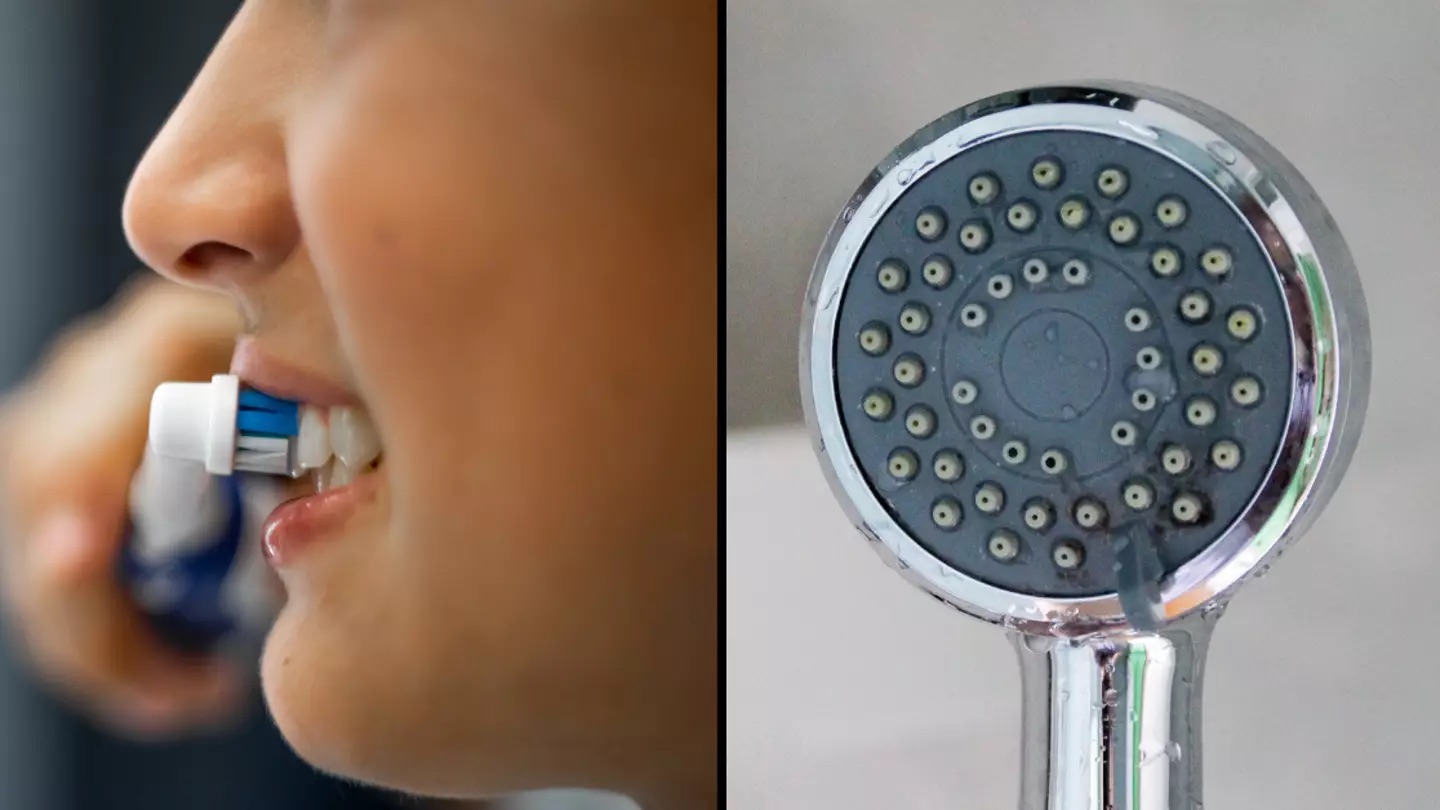Scientists at Northwestern University in Illinois have made a surprising discovery: ‘never-before-seen’ viruses thriving on everyday items like toothbrushes and shower heads. But rather than posing a threat, these viruses might actually be beneficial.

Researchers, led by microbiologist Erica M. Hartmann, found that toothbrushes and shower heads harbor various viruses, many of which have never been identified before. These viruses, called bacteriophages or ‘phages,’ specifically target bacteria, not humans. Phages are gaining attention for their potential in combating antibiotic-resistant infections, and the newly discovered viruses could provide crucial insights for future research.
Hartmann commented on the findings, published on October 9 in Frontiers in Microbiomes, saying, “The number of viruses we found is absolutely wild. It’s amazing how much untapped biodiversity exists all around us, even in places like our bathrooms.”

This discovery builds on earlier research into bacteria found on toothbrushes and shower heads. For this new study, participants submitted their used toothbrushes and shower head samples, and more than 600 distinct viruses were identified. Interestingly, there was little overlap in the types of viruses found between samples, with each item acting like its own unique “island.”
Despite the unsettling thought of viruses on everyday objects, Hartmann reassures that most microbes, including these viruses, are harmless. “Microbes are everywhere, and most won’t make us sick. In fact, overusing disinfectants can lead to resistance, so it’s better to embrace the microbial world around us,” she advised.
